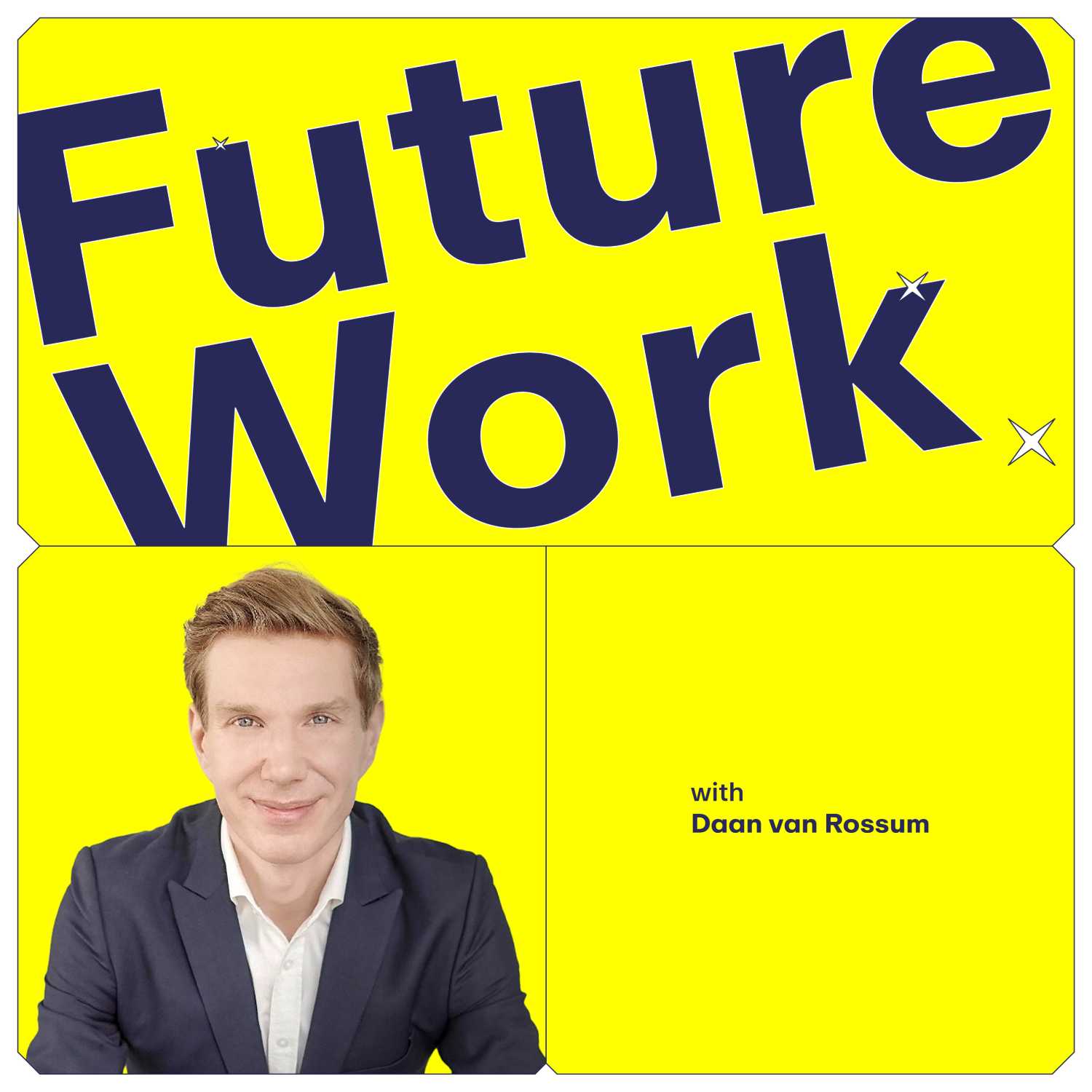- After-Shows
- Alternative
- Animals
- Animation
- Arts
- Astronomy
- Automotive
- Aviation
- Baseball
- Basketball
- Beauty
- Books
- Buddhism
- Business
- Careers
- Chemistry
- Christianity
- Climate
- Comedy
- Commentary
- Courses
- Crafts
- Cricket
- Cryptocurrency
- Culture
- Daily
- Design
- Documentary
- Drama
- Earth
- Education
- Entertainment
- Entrepreneurship
- Family
- Fantasy
- Fashion
- Fiction
- Film
- Fitness
- Food
- Football
- Games
- Garden
- Golf
- Government
- Health
- Hinduism
- History
- Hobbies
- Hockey
- Home
- How-To
- Improv
- Interviews
- Investing
- Islam
- Journals
- Judaism
- Kids
- Language
- Learning
- Leisure
- Life
- Management
- Manga
- Marketing
- Mathematics
- Medicine
- Mental
- Music
- Natural
- Nature
- News
- Non-Profit
- Nutrition
- Parenting
- Performing
- Personal
- Pets
- Philosophy
- Physics
- Places
- Politics
- Relationships
- Religion
- Reviews
- Role-Playing
- Rugby
- Running
- Science
- Self-Improvement
- Sexuality
- Soccer
- Social
- Society
- Spirituality
- Sports
- Stand-Up
- Stories
- Swimming
- TV
- Tabletop
- Technology
- Tennis
- Travel
- True Crime
- Episode-Games
- Visual
- Volleyball
- Weather
- Wilderness
- Wrestling
- Other
How Slack and Future Forum Redesigned Work for the Digital Age (with Brian Elliott, Founder, Future Forum)
Brian Elliott spent 25 years building high-growth companies and leading teams as a startup CEO, a leader at Google, and then an executive at Slack and Salesforce, where he co-founded Future Forum, a think tank focused on redesigning work through data and dialog. Brian is the author of the WSJ bestseller, “How the Future Works: Leading Flexible Teams to do the Best Work of Their Lives,” he’s been published in the Wall Street Journal, HBR, Bloomberg, the Economist, and other publications.Today, we will discuss how Future Forum’s research helped Slack transition from in-person to hybrid remote work, all the lessons Brian learned during this time, and how you can implement them yourself, including:When matters more than where. The first key insight from Future Forum is that while we talk about location flexibility and how many days a week people should be in the office, time matters more than place. Giving people uninterrupted time to do deep asynchronous work boosts productivity more than location choice. Online and offline connections. The second great insight is that even today, leaders don’t connect people well online and offline. When managing remote teams, getting people together and focusing on building relationships is critical, even if it’s just once a quarter.Create an inclusive environment. The third insight is to rethink how flexibility can drive inclusion in the workplace. As Brian shared, from their data, women and caregivers wanted flexibility more than men. He also noted vast differences between countries and their policies that drive the need.Bring not just data but storytelling and practical ideas. Storytelling and practical ideas help build your case for flexibility better. Brian gives a great example of how we can gain the effect of a whiteboard session without being together offline.We can’t lift and shift. Instead of copy-pasting things that worked in an office, rethink them completely. Like meetings – do you really need all of them? What can be handled through online collaboration? Besides this, rethink mentorship, onboarding, and training. Think about the outcome you’re trying to achieve and the best way to get there without holding on to how we used to do things.Supporting managers. Whether you’re managing a team or managing managers, we need to rethink how we support managers. We need to give people who don’t want to be managers that opportunity and provide practical support for key management elements like asking good one-on-one questions, running virtual icebreakers before team meetings, and understanding each others’ personal user manuals.Finally, on a more personal level, Brian shared two great personal lessons that we should all take to heart.- There is no straightforward route to achieving success. It’s important not to become overly concerned with titles or the size of your team. Prioritize your personal development and the tangible impact you can make.- Unlearn the idea that you need to know everything as a leader. The idea of ‘seldom wrong, never in doubt,’ isn’t true. Set ambitious goals but then make it a team effort, ask for help, and achieve it together.We hope you’ll love this episode and can put these insights to good use.

